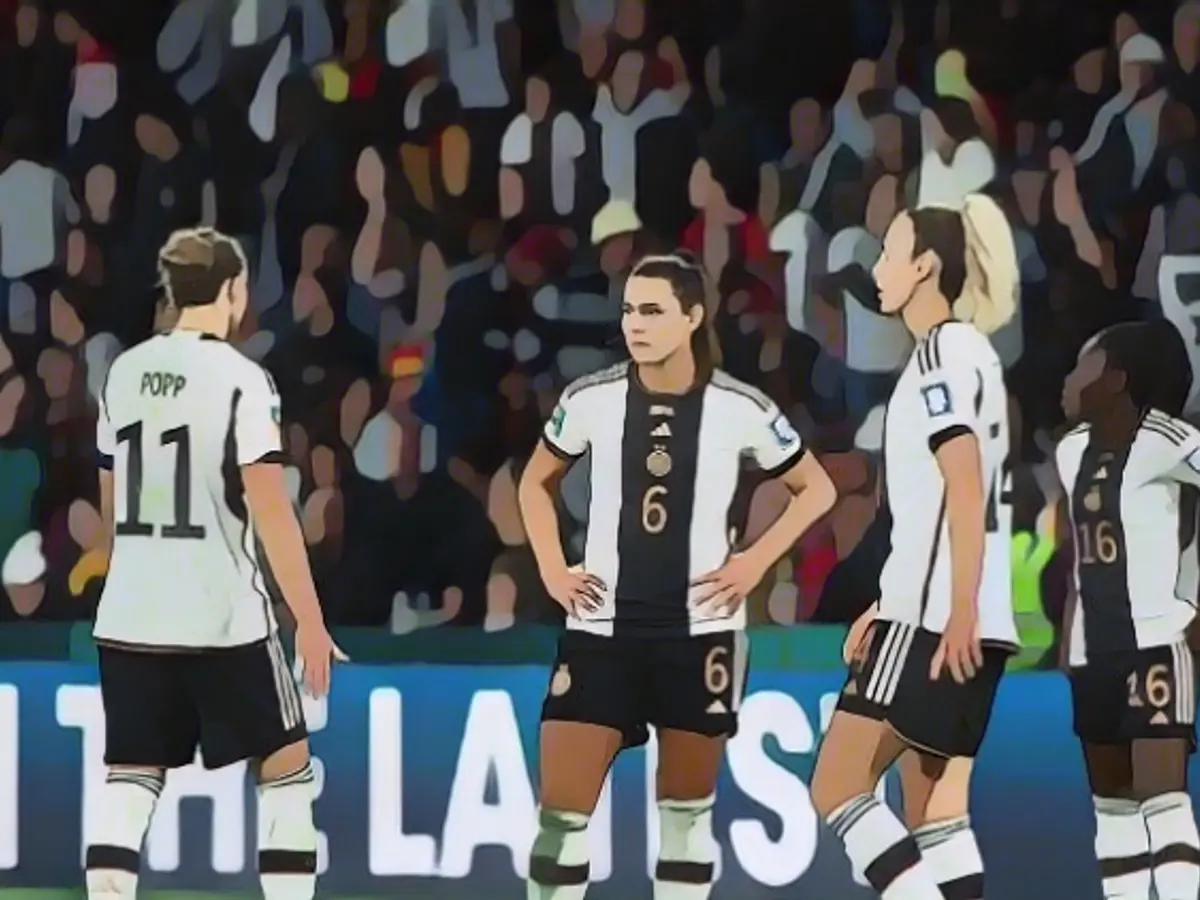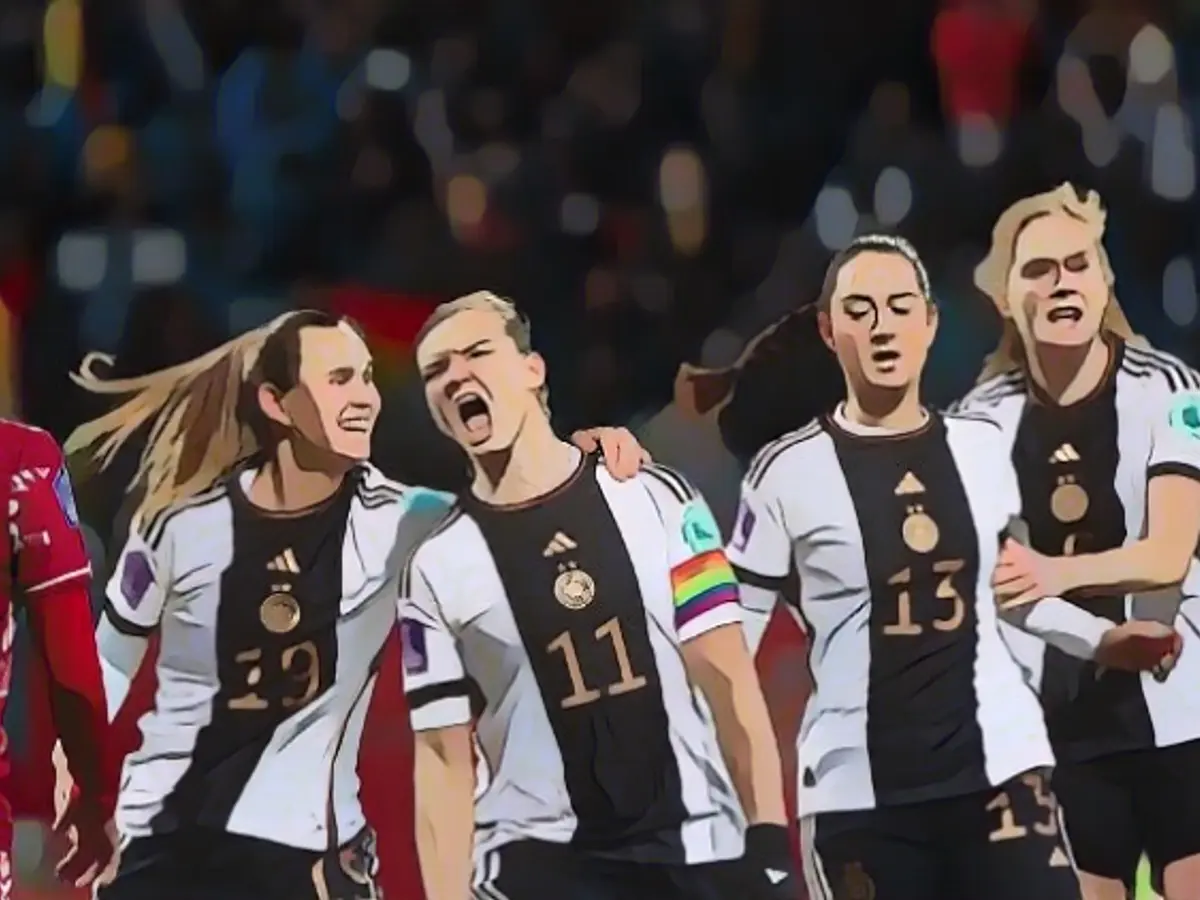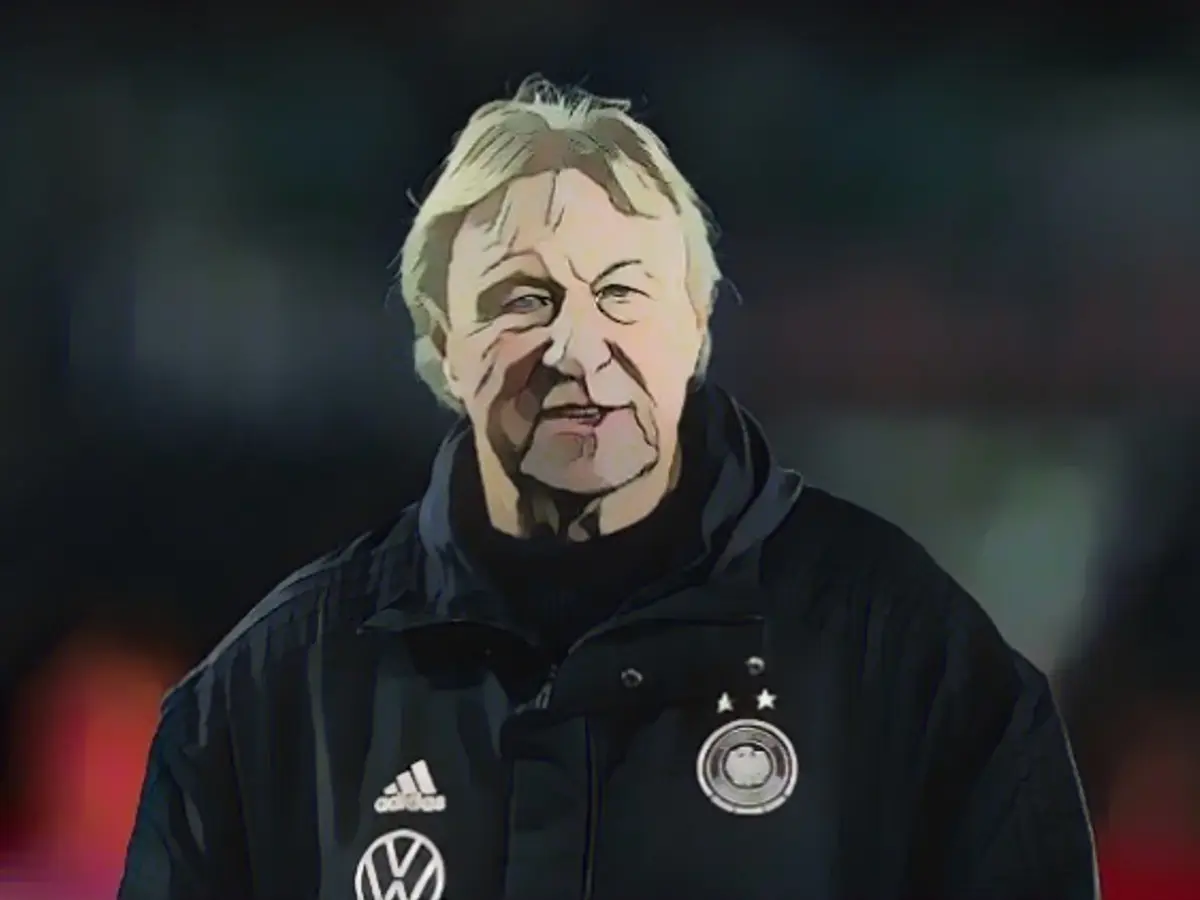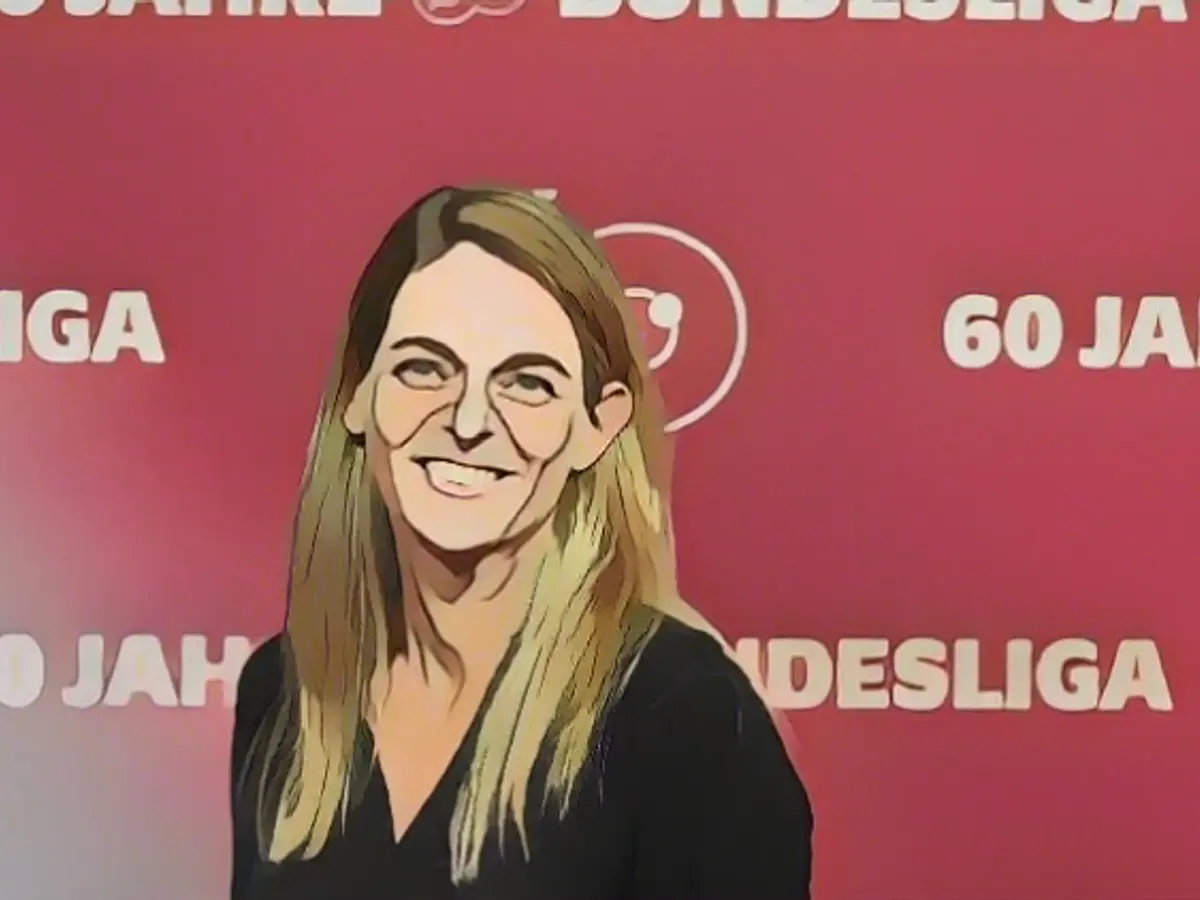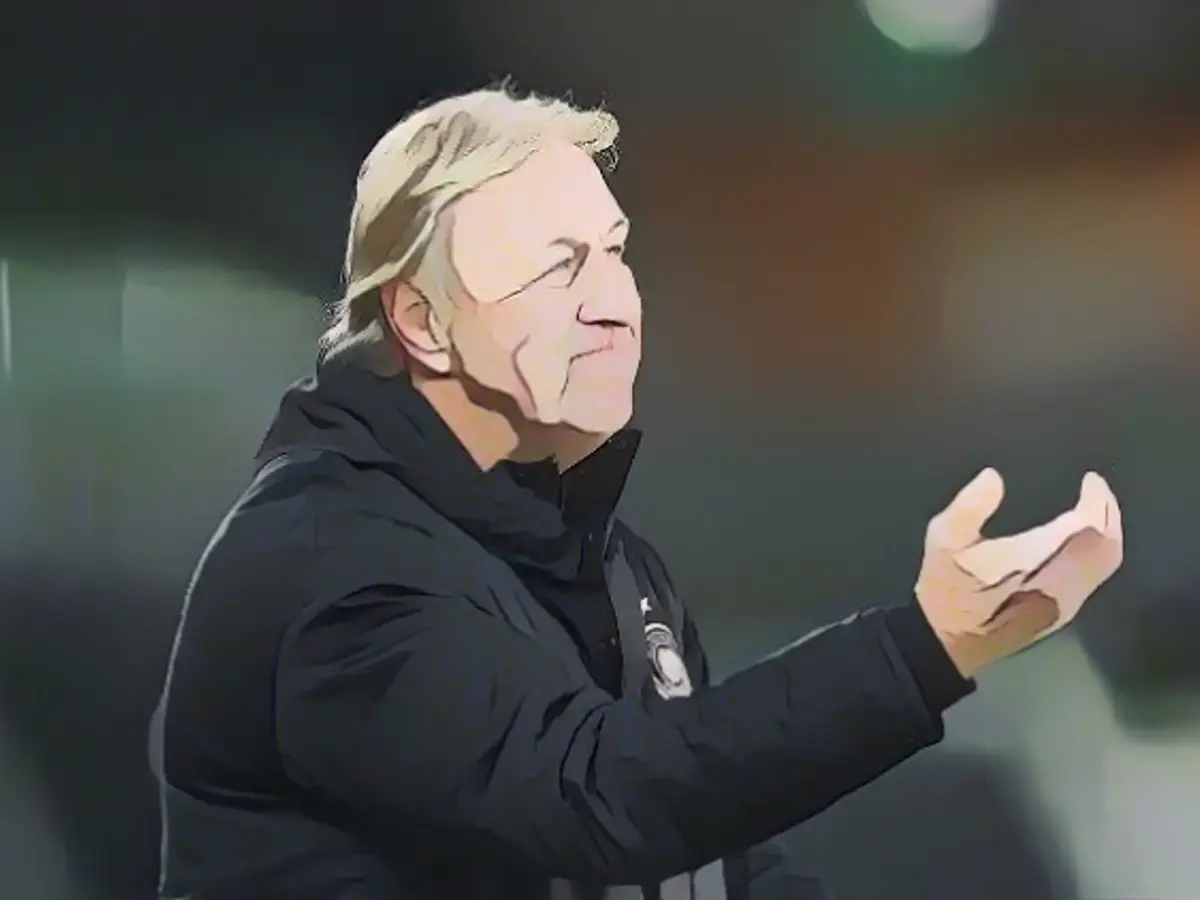Ladies Endure Unrelenting Hate Comments at World Cup
The Women's World Cup sees players bombarded with hateful comments on social media. Users hurl homophobic, sexual, and racist slurs at them.analytical findings by FIFA and FIFPRO reveal disturbing facts.
Approximately 20% of female World Cup footballers faced hate comments during the tournament's Australian and New Zealand edition. FIFA, in collaboration with FIFPRO, analyzed 5.1 million posts and comments targeting 697 players. The analysis showed that 152 players received discrimination, offensive, or intimidating messages. Around half of these were categorized as homophobic, sexual, or misogynistic. Moreover, female World Cup players faced a 29% higher chance of being victims of online abuse as compared to participating men in the 2022 Men's World Cup in Qatar.
Legal Authorities Informed
The system, with FIFA's help and the use of AI, filtered out and concealed 116,820 offensive messages. The main targets were the US national team, particularly captain Megan Rapinoe, who has faced years of online insults. Lena Oberdorf from Germany's national team reported a barrage of hate messages after an unprecedented group-stage elimination.
FIFA President Gianni Infantino declared, "There must be no place on social media for those who insult or threaten anyone, regardless of whether it's at FIFA tournaments or anywhere else." FIFA collaborated with member associations and law enforcement agencies to ensure that offenders do not find sanctuary in the real world, despite appearing untouchable in the virtual realm.
Read More:
- FIFA President Gianni Infantino condemned the hate comments towards women's soccer players during the World Cup, stating unequivocally, "There must be no place on social media for those who insult or threaten anyone, be it at FIFA tournaments or anywhere else."
- In response to the escalating wave of hate comments against women's soccer players during the World Cup, FIFA shared information with member associations and law enforcement agencies to ensure that offenders are held accountable online and offline.
- Regardless of the location of the Women's Soccer World Cup 2023, data revealing a 29% surge in online abuse towards female players compared to men's tournament counterparts , indicates the months-long issue of misogynistic attacks against women in sports, particularly football.
Source:
Enrichment Data:
Several actions are underway to confront hate comments and online abuse against female World Cup footballers:
- Investigations and Legal Actions:
- Police Investigations: Merseyside Police investigates racist abuse targeting Everton midfielder Abdoulaye Doucoure, demonstrating their commitment to addressing hate crimes.
- Abuse Reports: Manchester City reported racist and misogynistic abuse against Khadija "Bunny" Shaw to authorities, with an ongoing investigation.
- Support from Clubs and Organizations:
- Club Statements: Manchester City and Chelsea issued statements condemning the abuse and offering support to the affected players.
- Professional Footballers' Association (PFA) Support: The PFA continues offering support, underscoring the actual-world repercussions of online abuse and encouraging players to report incidents.
- League and Federation Initiatives:
- NWSL Settlement: The National Women's Soccer League (NWSL) founded a $5 million fund for players dealing with abuse, including verbal abuse, sexual assault, harassment, coercion, and retaliation.
- Social Media Accountability:
- Zero-Tolerance Stance: Merseyside Police and other authorities advocate for a zero-tolerance policy against hate speech and abuse on social media platforms.
- Public Awareness and Advocacy:
- Media Coverage: The incidents of abuse have been widely publicized, raising awareness and the need for action.
- Player Advocacy: Players like Khadija Shaw and Millie Bright have spoken out against the abuse, highlighting that athletes should not withstand such mistreatment and the real-life consequences of such abuse.
These actions aim to address the issue of online abuse and hate comments towards female footballers, promoting a safer and more respectful sporting environment.
